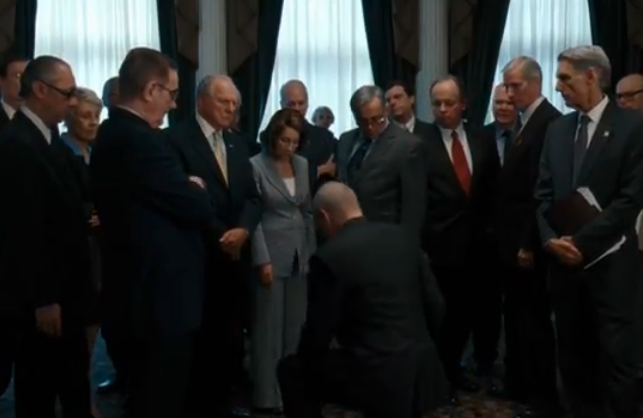On tax reform, Republicans are already divided over Speaker Paul Ryan's border-adjustment-tax proposal. "It's virtually guaranteed that the companies who will pay more because of the proposed changes will fight at least as hard as those that will pay less. That will make the tax reform debate longer, tougher and much nastier than anyone is currently assuming," budget expert Stan Collender writes. On keeping the government funded, Axios says the issue of Planned Parenthood could potentially shut down the government. "The conservative House Freedom Caucus
will almost certainly make defunding the women's health group and country's biggest abortion provider a non-negotiable condition for it to support the government funding bill." And on raising the debt limit, well, we've seen that movie before, right?
So if unifying Republicans doesn't work, Trump and his team can turn to Democrats. "In the end, there's a group of people in this party who just won't say yes," Rep. Tom Cole (R-OK) told the New York Times. "At some point, I think that means looking beyond our conference. The president is a deal maker, and Ronald Reagan cut some of his most important deals with Democrats."
But here's the problem with that: Democratic voters are almost universally opposed to Trump, so any Democrat who reaches out to work with the president on these issues (or other ones like infrastructure) will face a backlash. Trump reaching out initially to Democrats after his surprise presidential victory might have boxed in some Democrats. But with his approval rating now in the 30s and 40s and much, much lower than that among Democrats the opposition party already smells blood in the water and is looking ahead to the midterms.



